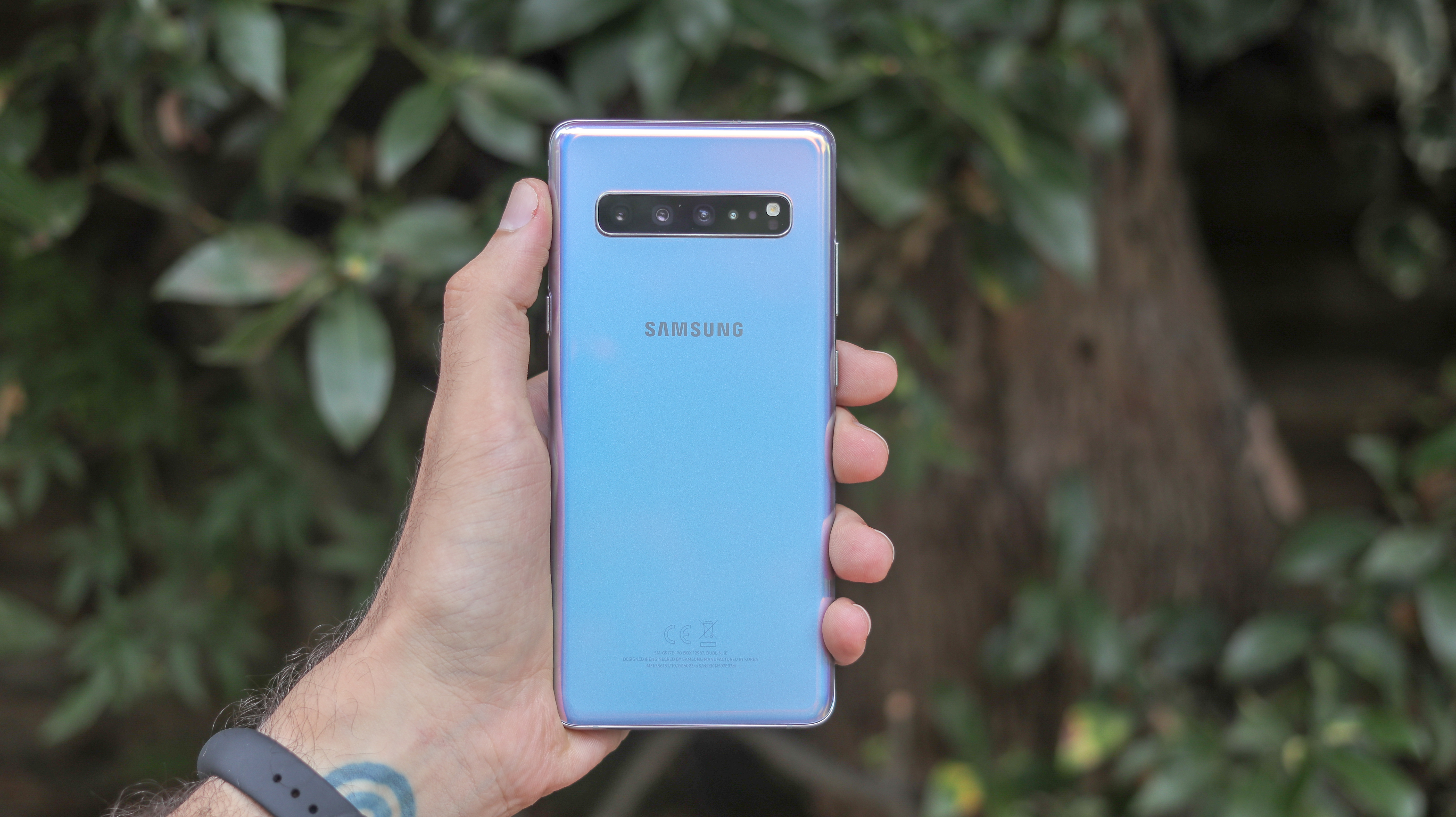Samsung Galaxy S11 or Note 11 might have a spectrometer
Analyze everything

It’s arguably getting harder and harder for flagship phones to innovate and stand out now that they’re all so feature-packed, but one new feature Samsung might be hoping could help is a spectrometer.
A spectrometer is a device that can use an infrared beam to analyze the energy waves of an object and potentially determine its chemical composition.
While we’re not sure how much use the average person would have for such a thing, it could provide an interesting insight into the world around us, and Samsung has applied to patent an ‘electronic device’ with one built in.
- Read our full iPhone 11 Pro review
- See what we think of the Samsung Galaxy Note 10 Plus
- Samsung is also innovating with the Galaxy Fold
Said device looks a lot like a phone going by the patent images, spotted by LetsGoDigital. Of course, patents don’t always turn into commercial devices and can sometimes take a long time to go from patent to product even when they do. So we wouldn’t count on seeing a spectrometer in the Samsung Galaxy S11 or Samsung Galaxy Note 11.

But it’s certainly possible that one or both of those phones, or that some other Samsung phone, could include the feature, as it in all likelihood would be something rivals won’t initially offer, giving Samsung’s phones a new USP.
If Samsung does build a spectrometer into a handset it won’t technically be the first company to do so. As LetsGoDigital points out, the Changhong H2 already did this, but that was basically a concept phone. So Samsung could become the first company to make a phone with a spectrometer that’s widely available and from a big name.
So far we haven’t heard a whole lot else about the Samsung Galaxy S11 beyond the fact that it’s sure to be very powerful, but we’ll be sure to update you with every credible rumor.
Sign up for breaking news, reviews, opinion, top tech deals, and more.
James is a freelance phones, tablets and wearables writer and sub-editor at TechRadar. He has a love for everything ‘smart’, from watches to lights, and can often be found arguing with AI assistants or drowning in the latest apps. James also contributes to 3G.co.uk, 4G.co.uk and 5G.co.uk and has written for T3, Digital Camera World, Clarity Media and others, with work on the web, in print and on TV.